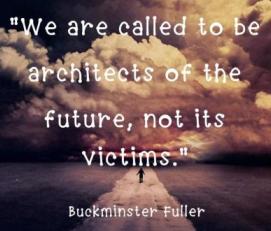2024-07-29
Critical thinking skills have never been less adopted, and my guess is that they have never been more needed.
So what is critical thinking?
It is presumably the ability to distinguish the truth from the falsehoods and indeed outright lies that infest our modern media.
"Lies?" I hear you challenge? Surely the media doesn't lie to us?
Well, they can certainly be economical with the actualité ...
Indeed, the more scrutiny one subjects an article to, the less complete it inevitably appears to be.
And what about the censorship? Such as the way that the BBC "forgot" to report the massive lockdown demonstrations numbering in the tens of thousands that took place right outside Broadcasting House ... yes, I was there, and they didn't report it.
OK, that's an extreme example, but other examples are equally extreme - take the Covid crisis for example. I was concerned about Covid from the start because some of the videos coming out of China seemed unbelievable ... but having studied statistics at college under a very precise lecturer, I was able to check out the official Covid statistcs to determine that in fact (despite the media hullabaloo) there was overall no statistically significant level of excess deaths from all causes.
Not until the vaccine roll-out anyway ...
How could this be? Easy - they changed all the rules for attributing deaths to ensure that in any case of the slightest doubt a death was to be considered a Covid death. This was quite blatant. And when Dr Mike Yeadon published his joint paper pulling apart the official Covid PCR test as inaccurate at best and totally misleading at worst, the verdict in my mind was incontrovertible - the whole Covid thing was a scam based on a duff test. And oh yes, we discovered later that the flu had miraculously disappeared from the statistics ... and we discovered much more besides, but none of that was critical to identifying the scam.
Now in truth I didn't need a degree in statistics (no I don't have one anyway), I just needed a good grounding in the basics. Collect good honest data, analyse it properly, be aware of the sorts of things that might skew the results. On Covid the data wasn't honestly collected and the test was a fraud.
So what wasn't fraudulent? The excess deaths from all causes, being much harder to fiddle. So that became my yardstick.
Now it has only taken me three paragraphs to show how I identified Covid as a scam - it wasn't difficult, but I did need some elementary statistical training (from 55 years ago!) and some natural inquisitiveness about stuff that didn't look right to prompt me to check it out.
(I acknowledge that a working lifetime in computing that demanded rigorous application of logic and evidence, together with the confidence and tenacity to back my own reasoning, was also a factor, but this was advantageous rather than critical)
So critical thinking isn't necessarily complex - an inquisitive mind, the willingness to explore controversial topics, and a basic grounding in collection and analysis of evidence - these are the basics, and any inquisitive child can be taught these things.



